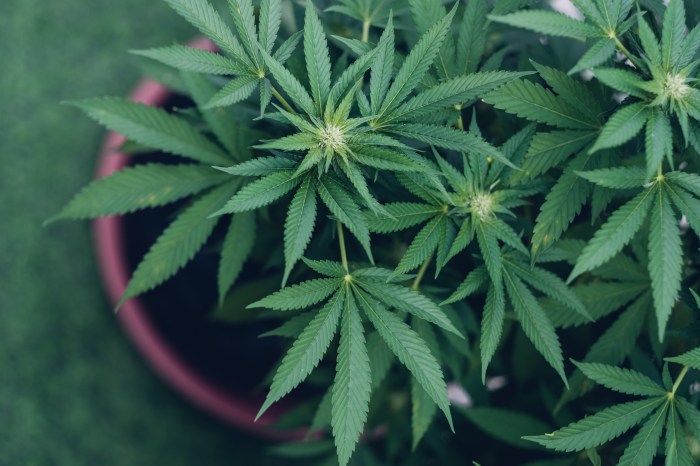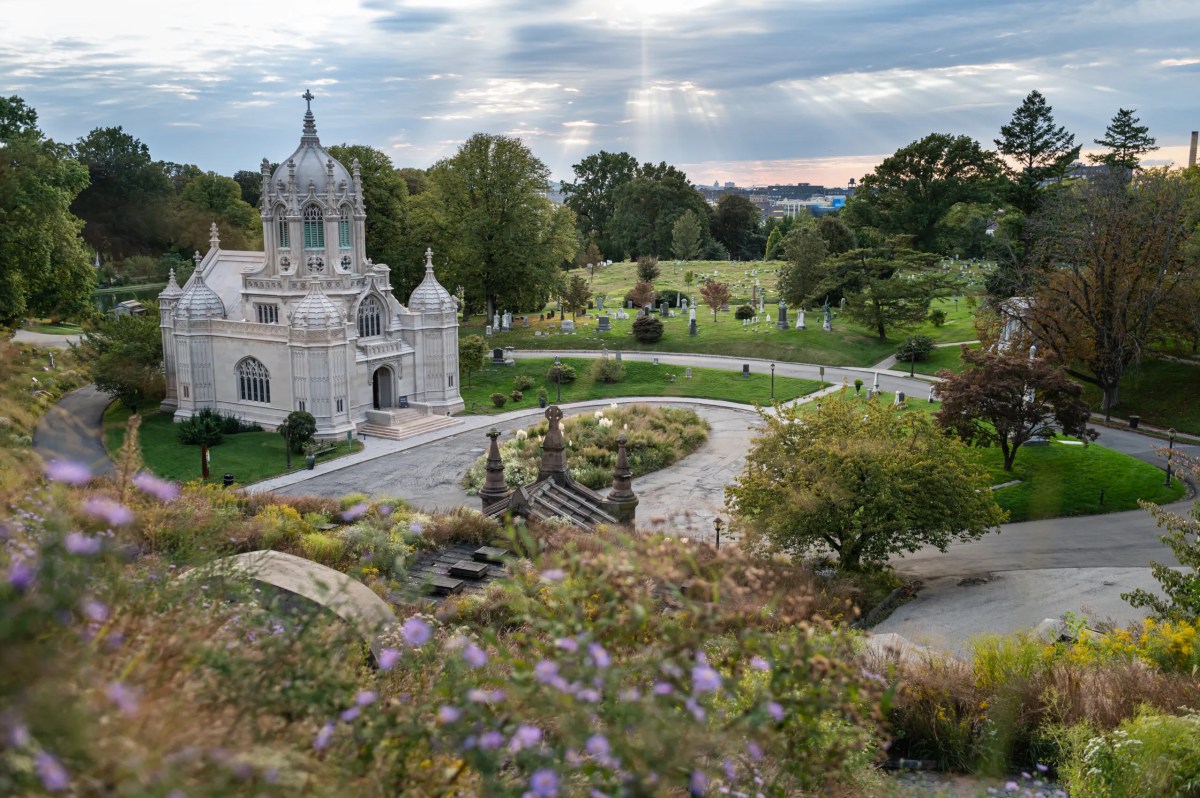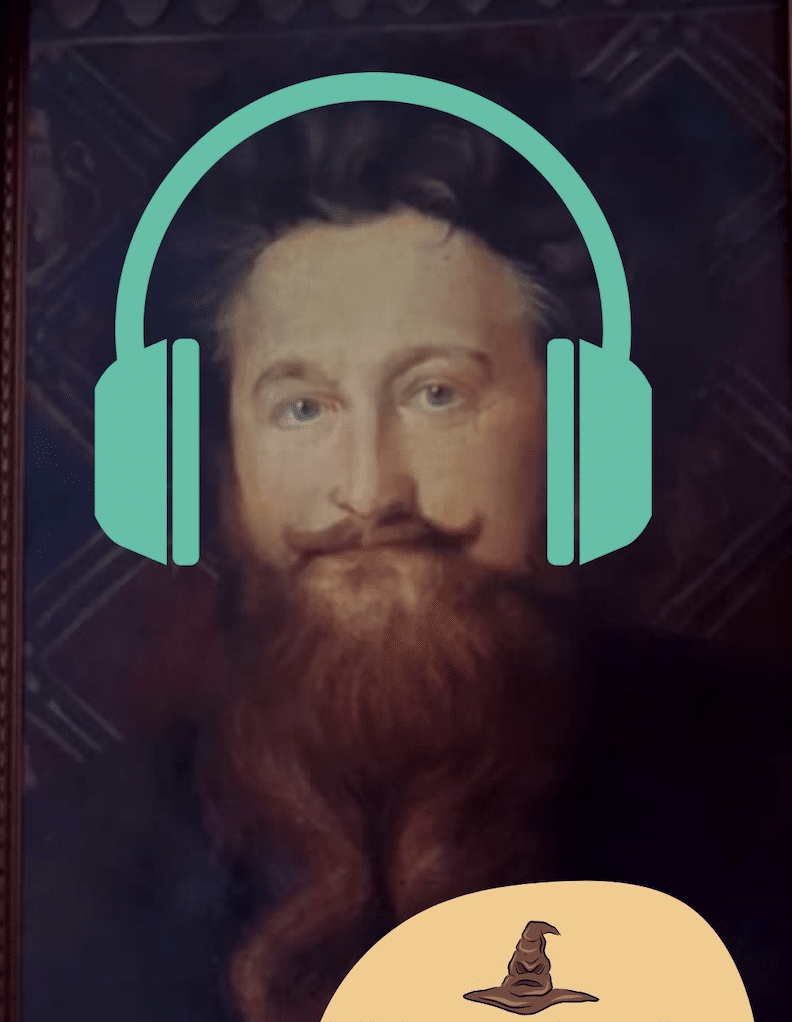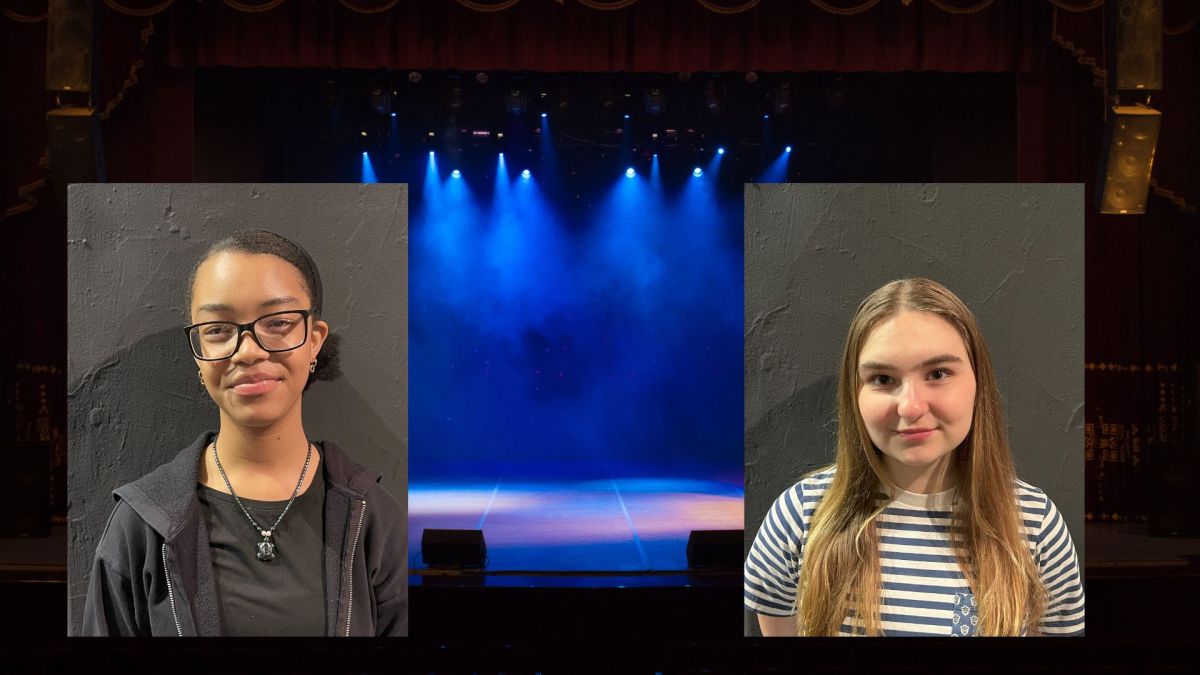When the Black Pride movement began to gain traction in the 1990s, LGBTQ Pride celebrations were looking like “a bunch of parties and club events,” NYC Black Pride executive director Lee Soulja recalls.
When Soulja, 53, took the helm at the organization — which advocates for LGBTQ people of color and hosts a yearly cultural festival — he made a conscious decision to refocus.
“Am I really going to be proud ten years from now that we gave some great parties?” he recalled thinking. “[NYC Black Pride] is more about celebrating the diversity of our history, and the things that we’ve contributed to society.”
This year’s festival, which marks NYC Black Pride’s 21st anniversary, is set to kick off Tuesday with a musical tribute to activist Marsha P. Johnson — a central figure in the 1969 Stonewall uprising riot. The festival culminates on Sunday with a “Pride at the Beach” event on Coney Island.
Sponsored by Gay Men’s Health Crisis, the festival will also feature a “Health as a Human Right” discussion on Wednesday, an awards ceremony for community members and allies on Thursday, and a Kiki ball-esque event for youths on Friday and Saturday night.
Not everyone knows the history of ballroom culture, which has its roots in 1860s Harlem, nor are they aware of the mark people of color have made on LGBTQ history — something NYC Black Pride hopes to change, Soulja noted.
“LGBT people of color, if you check through history, have really contributed, created and done some amazing things, but it’s not necessarily documented,” he said. “Black Pride is that time that we can actually tell those stories and celebrate those accomplishments.”
The nonprofit’s ultimate goal is to open a “Center for Black Pride” — a museum of sorts that would archive the community’s history and act as an educational resource, Soulja said.
Soulja is part of a coalition trying to open an LGBT community center in Harlem that could ultimately house the center, he said. The center would help create a legacy and give young LGBTQ people of color “something to aspire to.”
“A lot of LGBT people are thrown out of homes and feel like they don’t have any worth,” he said. “It’s the opposite of those narratives to find out, ‘No, you’re not, and people have contributed to mainstream society in large ways.’”

















